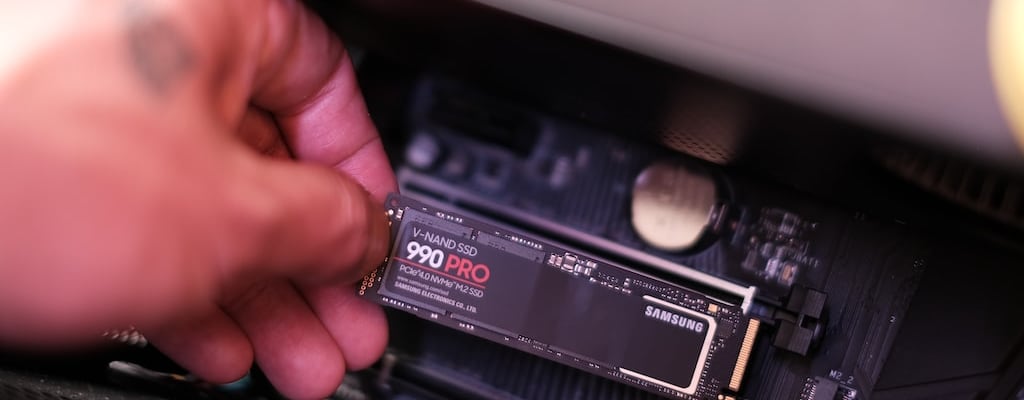get changed: Idiom Meaning and Origin
What does ‘get changed’ mean?
The idiom "get changed" means to change one's clothes or appearance, typically in order to look more presentable or appropriate for a specific situation or event.

Idiom Explorer
The idiom "make over" means to transform, change or improve someone's appearance, often through a new hairstyle, makeup, or clothing.
The idiom "head to toe" means completely or fully, often referring to being covered or dressed from head to toe in something.
This idiom means to change one's opinion or support in order to align with the majority, often due to perceived benefits or social pressure.
The idiom "get with the times" means to adapt to or accept new ideas, technology, or social norms.
The idiom "get wet" means to be exposed to or experience something new or unfamiliar, often in a difficult or challenging way. It implies facing a novel situation that may be uncomfortable or outside one's comfort zone.
The idiom "get well" means to recover from an illness or injury and return to good health.
The idiom "get there" means to achieve a goal or reach a desired destination. It implies successfully completing a task or journey.
The idiom "get rid of" means to dispose of something or eliminate something or someone.
The idiom "get fresh" means to behave impertinently or disrespectfully, typically by making inappropriate or forward comments or advances.
Metaphorical Transformation
The idiom "get changed" is a common phrase in the English language that is often used in informal conversation. It can mean to change one's clothing or attire. This could involve putting on new clothes or simply changing into a different outfit. The idiom suggests a physical transformation in appearance through the act of changing clothes.
It is worth noting that "get changed" is often used in the context of preparation for a specific event or activity. It implies intentionally adapting one's appearance to suit a particular situation or environment. This could range from getting dressed up for a formal occasion to changing into more comfortable clothes for a casual event. The idiom emphasizes the deliberate action taken by an individual to modify their appearance for a specific purpose.
Another way to interpret the idiom "get changed" is in a figurative sense. In certain contexts, it can mean to undergo a transformation beyond just appearance. This could refer to a change in mindset, attitude, or behavior. The idiom implies the ability to be adaptable and flexible in different circumstances.
While "get changed" is commonly used in British English, it is also understood and used in other English-speaking countries, including the United States.
Considering these facts, it is clear that the idiom "get changed" embodies the idea of transformation and adaptability. Whether referring to a physical change of clothes or a more abstract change in attitude, the idiom conveys the notion that individuals have the power to adjust and modify their appearance or mindset as needed. In a world that values flexibility and versatility, "get changed" serves as a reminder of our ability to adapt and transform ourselves in various situations.
Another idiom related to "get changed" is "for a change." This phrase is often used to suggest doing something different or out of the ordinary. It implies the desire to break out of routine or try something new. When used in the context of "get changed," it can enhance the idea that changing one's appearance or mindset can be a refreshing and invigorating experience. It encourages individuals to embrace change and embrace new experiences.
Additionally, the idiom "get changed" can also be related to the phrase "make over." This term refers to transforming or improving something or someone's appearance. When used in conjunction with "get changed," it emphasizes the idea of a deliberate and intentional transformation. It suggests taking the necessary steps to enhance or alter one's appearance to achieve a desired outcome. Whether it's a physical makeover or a makeover in terms of attitude or behavior, the idiom "get changed" implies a conscious effort to create a positive change.
While the idiom "get changed" captures the concept of transformation, it also leaves room for interpretation and further exploration. It prompts us to consider the extent to which we can truly change ourselves, as well as the underlying motivations behind these changes. Additionally, the idiom invites us to reflect on the relationship between our physical appearance and our identity, and the role that clothing plays in shaping how we present ourselves to the world.
The idiom "get changed" encompasses the idea of transformation and adaptability in the English language. Whether used to describe the act of changing clothes or as a metaphor for a broader change in attitude or behavior, the idiom emphasizes our capacity to modify our appearance or mindset to suit different situations. It offers a glimpse into the interconnectedness of our physical appearance, our identity, and our ability to navigate and transform ourselves in an ever-changing world.
Example usage
Examples:
- After working out at the gym, I need to get changed before going to work.
- My daughter insists on getting changed into her princess costume before bedtime.
- We often get changed into our pajamas as soon as we come home from work.
The idiom "get changed" is used to refer to the act of changing one's clothing or outfit. It is commonly used when someone needs to change their clothes for a specific purpose or situation, such as before going to work, getting ready for bed, or coming home and switching into comfortable clothes. The phrase implies the action of physically changing one's clothing.
More "Verbs" idioms



